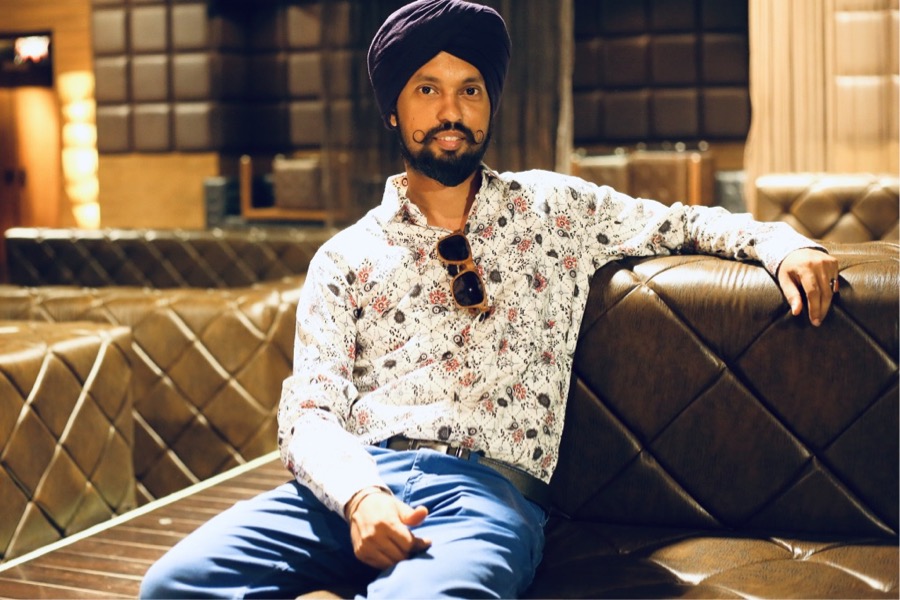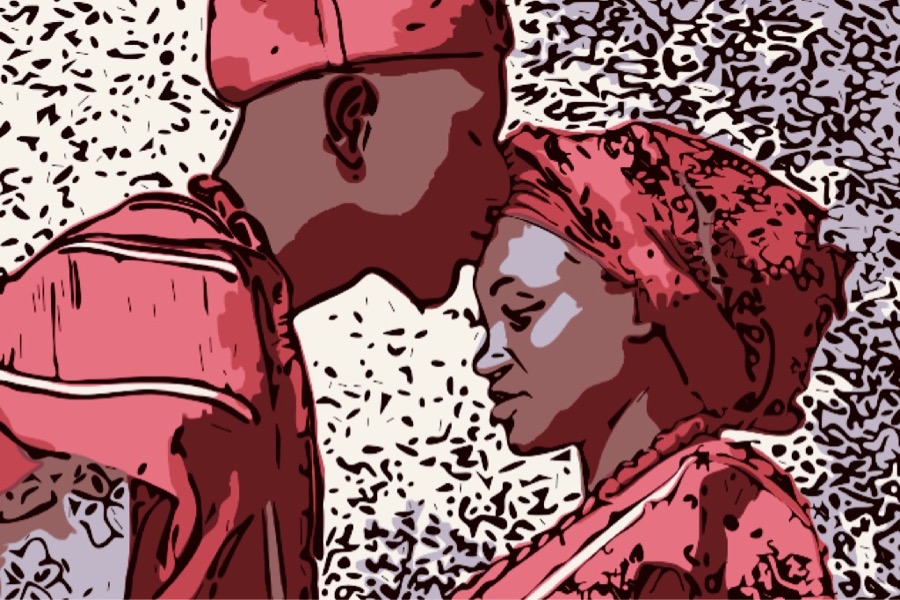India has recently decriminalised homosexuality, by abandoning the controversial colonial law “Section 377”. Although England abolished the very same law in the 1960s, it remains a threat even today to homosexual and transgender community in many former colonial states. Despite the change in legal status, the land where the iconic Kamasutra was written still has a long way to go when it comes to acceptance of the LGBTQ+ population.
Gaylaxy Magazine
Sukhdeep Singh, a 31 years old webmaster from Delhi is well known amongst the Indian Queer community. A software engineer by profession, Sukhdeep has provided something which turned out to be the biggest online platform for the Queer Indian community. “Gaylaxy Magazine” is one of its own kind publishing articles, blogs, and stories of queer people in India, which are actually voices of the entire subcontinent.
Gaylaxy is followed by masses in India, Pakistan, Bangladesh, and other South Asian Countries. The tremendous level of fame Gaylaxy magazine has achieved is unmeasurable even by Sukhdeep himself. He was stunned during his recent visit to Nepal where a man approached him to ask if he was the “Gaylaxy Guy”. Marginalised communities are fluid in nature and they find a link to reach each other, one way or another.
India is the trendsetter in South Asian countries. An online magazine like Gaylaxy has, not only given hope to a lot of queer people but it has also played an important role in embedding colours of rainbow into the Indian society.

Connected also in the countryside
Sukhdeep, who is very fond of traveling, loves to keep himself updated with current affairs. Facebook is what keeps him energetic at all time. But despite being an Indian millennial with a lot of exposure to gadgets and internet world, Sukhdeep is very fond of reading books. They say books enhance imaginations which nothing else in the world can do. A passion for equality and love for justice made Sukhdeep realise a lack of platform for sexual and gender minorities in his society.
Gaylaxy has been the only platform for a lot of rural Indians to connect and interact. In other words, Gaylaxy acted as Manjam (a social networking website for gay and bisexual men with a lot of users in the Middle East and Southern Asia) or Grindr for a lot of Indians living in rural or small towns. Gaylaxy can be credited for highlighting many social discrimination and hate issues which were further picked up by mainstream media and the government.
The spark of change
Although it is too early to predict anything, Sukhdeep is very confident about the expected changes after the abolition of Section 37.
He says the corporate world in India has started using queer-friendly themes in advertisements, which is definitely a positive step. Furthermore, LGBTQ-inclusive HR policies are being implemented in organisations throughout the country. A recent Bollywood release, Shelly Chopra Dhar’s “Ek Ladki Ko Dekha Toh Aisa Laga” (How I felt when I saw that girl), was based on a lesbian love story. There are also few other movies on queer issues and these movies will go a long way in creating awareness in both the Indian populations and in the overall global society.
Considering all the simultaneous changes, we can expect drastic innovations in society in the upcoming years. Sukhdeep thinks that the spark of change started in India will definitely cross the borders sooner or later into the neighbouring countries.

Narendra Modi’s inaction
Replying to a question regarding the Indian government’s role in the sensitisation of society Sukhdeep said: “The Supreme Court in its 2018 verdict reading of Section 377 asked the government to not only popularise the verdict but also take various remedial step for the LGBTQ community.
“However, the last government has done nothing of that sort. The Transgender Rights Bill which was brought in the Parliament by the government was so horribly ill-thought that the entire transgender community went against it, and despite a Joint Parliamentary Committee suggesting various changes, many of the problematic clauses and definitions were retained.“
Thankfully that bill got lapsed with the dissolution of the Parliament before the elections. In the just concluded elections, some parties like the Indian National Congress and the Communist Party of India (Marxist) have expressed support for queer rights. Although the elections were won by the right-wing nationalism of the Bharatiya Janata Party, Sukhdeep is confident that the future of queer community of India is bright.
Rainbow Sikhism
Like Islam, Sikhism does not directly talk about homosexuality. Sukhdeep is very confident about the balance between his sexuality and religion. Sikhism promotes equality and that is its ultimate slogan. He believes that his religion has helped him understand his existence in a more realistic way, as Sikhism focuses a lot on self-realisation.
Sukhdeep is truly a valid hope for the queer community in India. He believes there should be continuous sensitisation practices by the government besides having anti-discrimination and anti-hate laws. He wants the world to be compassionate enough for all human beings. In the era of digitalisation, he wants society to be more interactive with each other directly rather than through trendy gadgets and social media. Peace shall prevail through courageous souls like Sukhdeep Singh.
Sunny (Faisal Zia) (sunnyfzia@gmail.com)
thanks to Barbara Burgio
©2019 Il Grande Colibrì
foto: ©Sukhdeep Singh / Il Grande Colibrì




